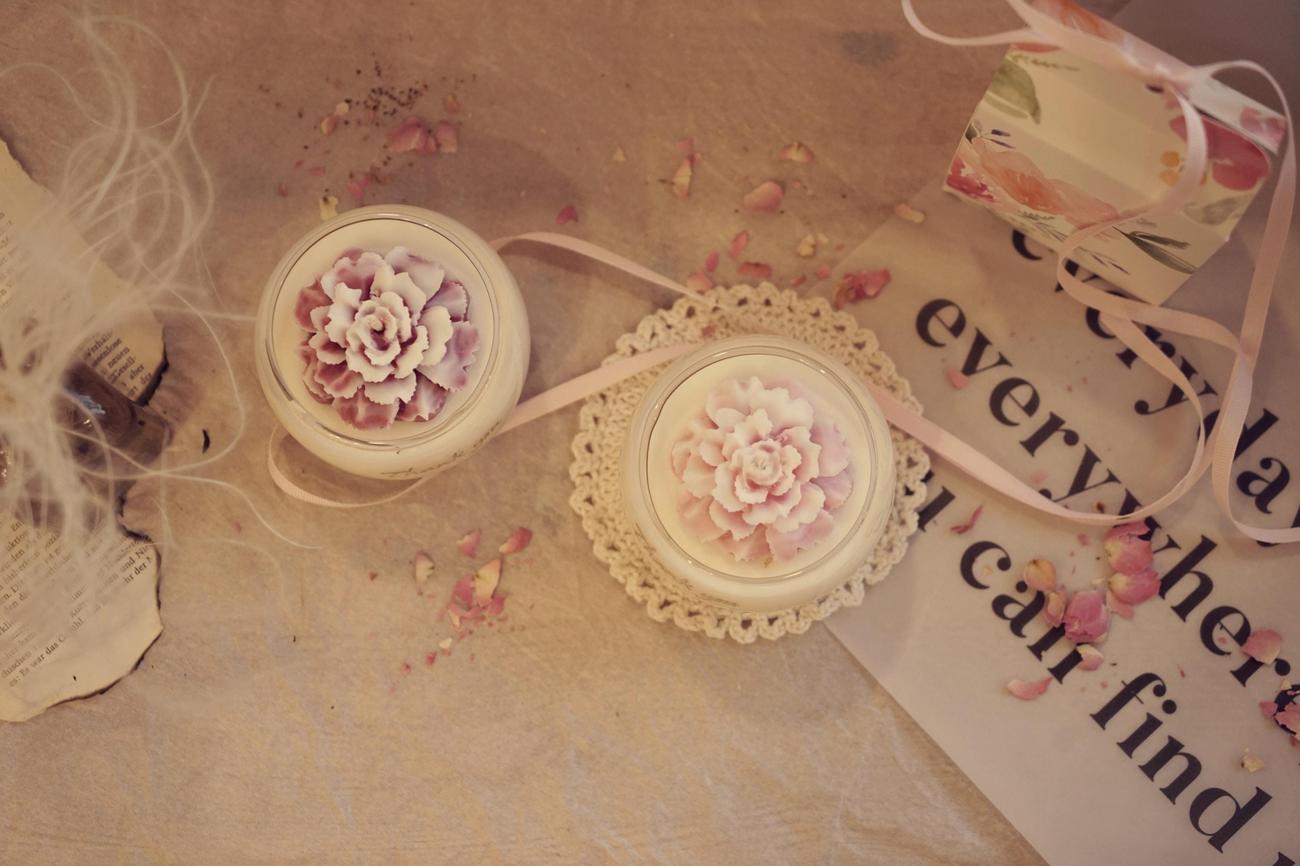Have you ever wondered about the origins of something as mundane as soap? In my years of extensive research and expertise as a historian and writer, I have immersed myself in the fascinating world of everyday objects, and today I invite you on a journey to discover how soap was invented. Brace yourself as we dive into the annals of history, unearthing ancient texts and archaeological findings to uncover the captivating evolution of soap production techniques in civilizations long past. Join me as we unveil the ancient origins and remarkable evolution of soap, a tale that will leave you in awe of the ingenuity of our ancestors.

How Was Soap Invented
The birth of soap is a fascinating tale that takes us back to the ancient civilizations of Babylon and Egypt. It was during these ancient times, around 2800 B.C., that the first evidence of soap production emerged. But how exactly was soap invented? Let’s delve into the origins and evolution of this essential everyday item.
Ancient Babylon: The Ingenious Creators
The ancient Babylonians were likely the pioneers of soap making. They crafted a special concoction using a simple recipe of animal fats, wood ash, and water. However, their soap wasn’t meant for personal hygiene. Instead, it was primarily used for washing wool and cotton. The Babylonians had not yet discovered the cleansing properties of soap for the human body.
The Babylonians, with their innovative soap-making techniques, revolutionized the way fabrics were cleaned.
Ancient Egypt: Unlocking the Skincare Secrets
Meanwhile, on the banks of the Nile, the ancient Egyptians were busy perfecting their own soap recipe. They, too, used a mixture of animal fats and plant ashes, but they saw the potential for personal hygiene. Skin diseases and sores plagued the people of Egypt, and they discovered that soap could be used to treat these ailments. Thus, they expanded the uses of soap beyond just cleaning fabrics.
The Egyptians, with their keen observation and experimentation, elevated soap’s significance to include personal skincare.
The Romans: Soap for the Physician’s Kit
As civilizations continued to evolve, so did soap. The Romans, known for their advancements in medicine, embraced soap but primarily as a physician’s tool. They recognized its potential for treating diseases and used it in the context of healthcare. However, personal hygiene did not yet claim its place as the main purpose of soap.
The Romans, with their medical expertise, employed soap as an invaluable resource in the realm of healthcare.
Sumerians: The Written Evidence
The first written evidence of soap comes from the Sumerian civilization in Mesopotamia, over 4,000 years ago. Their ancient cuneiform texts mention the usage of soap in various capacities, shedding light on the early history of soap making. These texts provide glimpses into the widespread use and significance of soap in different aspects of life.
The Sumerians, through their written records, have left us with invaluable insights into the early adoption and versatility of soap.
Aleppo Soap: From Syria to Europe’s Nobility
Fast forward to medieval times, and we encounter Aleppo soap, which rose to popularity among the nobility in Europe. Originating in Syria, this early bar soap was crafted using olive oil and laurel oil. Its luxurious qualities and mildness made it a favorite among the upper classes. Aleppo soap became renowned for its excellence and found its way into the annals of history as a coveted cleansing agent.
Aleppo soap, with its exquisite ingredients, symbolizes the evolution of soap production and its appeal to the elite.
Soap’s Medicinal Journey through History
Throughout history, soap continued to be primarily associated with medicinal purposes. It was used for treating various skin diseases, cleansing wounds, and maintaining cleanliness in healthcare settings. Soap’s antimicrobial properties and ability to remove dirt and bacteria made it an essential tool in the fight against diseases.
Soap’s journey, intertwined with the world of medicine, showcases its remarkable therapeutic capabilities.
Common Soap Bars: A 19th-Century Innovation
It wasn’t until the 19th century that soap production techniques shifted, leading to the invention of common soap bars as we know them today. This development made soap more accessible to the general public, marking a significant milestone in the history of soap and personal hygiene.
The innovation of soap bars marked a turning point, ushering in a new era of cleanliness for all.
In conclusion, the history of soap takes us on a captivating journey through time and civilizations. From the ingenious beginnings in ancient Babylon to the skincare secrets of ancient Egypt, soap has evolved and transformed. Its significance has spanned from medical use to personal hygiene, leaving an indelible mark on human civilization.
So, the next time you use soap to cleanse your hands or bathe, take a moment to appreciate the ancient origins and the rich tapestry of the soap’s evolution.
Through captivating narratives and tales of innovation, we can uncover the remarkable birth and development of soap, a humble yet indispensable part of our daily lives.
Soap is a fascinating product that we often overlook in our daily routines. Did you know that there are countless facts about soap that will leave you amazed? Discover the intriguing world of soap by exploring these mind-boggling facts about soap. Click here to uncover the secrets of soap: facts about soap. You won’t believe the surprising information that awaits you! So go ahead, indulge your curiosity and dive into the captivating realm of soap.
How Was Soap Invented?
Discover the fascinating historical origins of soap and how it has evolved over centuries. Dive into the rich history of soap with its ancient civilizations and soap making techniques. Explore the chemical reaction behind soap production and gain a deeper understanding of this essential household item.
Learn more about the historical origins of soap here.
Uncover the secrets of ancient civilizations and their innovative approaches to soap making here.
Delve into the intricate chemical reaction behind soap production and the science behind this essential product here.
Join us on this enlightening journey as we explore the captivating world of soap!

FAQ
Question 1: When and by whom was soap invented?
Answer: Soap was likely invented by the ancient Babylonians around 2800 B.C.
Question 2: What was the recipe for the first soap?
Answer: The recipe for soap used by the Babylonians included animal fats, wood ash, and water for washing wool and cotton, not for personal hygiene.
Question 3: Did other ancient civilizations use soap?
Answer: Yes, the ancient Egyptians also developed a similar recipe for soap, which they used for treating sores, skin diseases, and personal washing.
Question 4: How was soap used in ancient Rome?
Answer: The Romans made soap, but it was primarily used as a physician’s tool for treating diseases until later centuries.
Question 5: What is the earliest written evidence of soap?
Answer: The first written evidence of soap comes from the Sumerians over 4,000 years ago.
- Unlocking Francis Alexander Shields’ Finance Empire: A Comprehensive Biography - July 12, 2025
- Unveiling Francis Alexander Shields: A Business Legacy - July 12, 2025
- Francis Alexander Shields’ Business Career: A Comprehensive Overview - July 12, 2025















